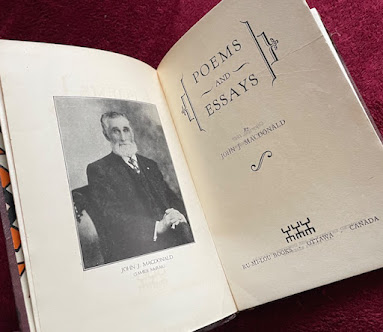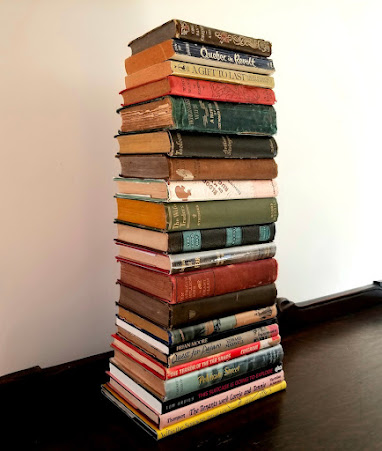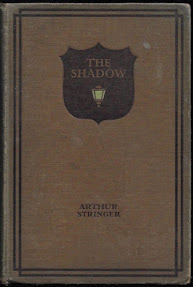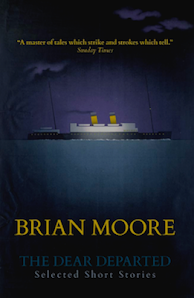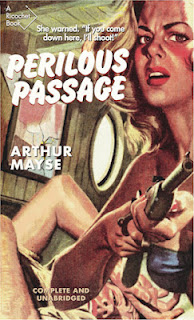THE SCATTERED FAMILY ON NEW YEAR'S DAY
Though mountains and forests and waters divide us,Where fate and ill-fortune have led us to stray;Though infidel strangers are living beside us,Our hearts will together be dwelling to-day.Aglow with affection, with vivid love burning,In fancy, dear parents, to you we will flee;From North, from the West, from above, where no mourningEmbitters the joys of the blest and free.We hasten, dear parents, our homage to render,Our hearts as our treasure lay at your feet,And proofs to convince of our reverence tender,To beg for your blessings at home's sweet retreat;To think of the scenes of our innocent childhood,Where, happy, contented, not dreamed to care,We roamed through the valleys, the meadows and wildwood,To view the fair blossoms then flourished there.'Tis true that our hearts often linger around you,From morn until evening when bound by sleep' schain,Then dream of the cords of love to us that bound you,And sigh to return when it frees them again.To-day shall they linger more constant than ever,Around our loved parents, around our loved home;No thoughts of the world for a moment shall severOur hearts from that spot, or from there make them roam.What prospect to children, to parents more pleasing,Than that we this union might share!In filial love be united unceasing,No matter what fate or our foes may prepare.'Tis true not on earth, for we'll soon be dismembered:Shall death in the good love of others destroyCan bliss then be reining and home unremembered?Away with such motions of heavenly joy.
